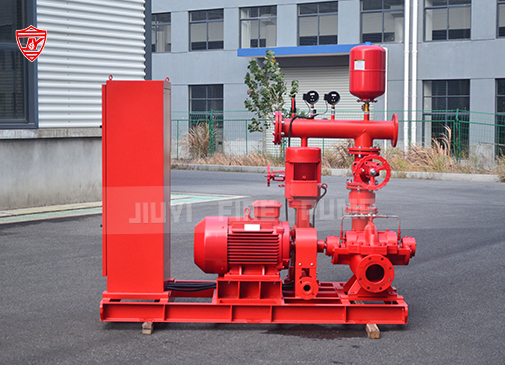Fire pumps are a critical component of fire protection systems, ensuring reliable water supply in emergencies. However, their operation can generate significant noise, which may cause disturbances and even violate local noise ordinances. Ensuring compliance with fire pump noise regulations is essential for maintaining safety, legal adherence, and community well-being.

Fire pump noise levels are subject to various regulations, including:
Several factors contribute to fire pump noise, including:
To ensure compliance and reduce noise impact, consider these solutions:
Regular noise level assessments help ensure compliance with regulations. Use decibel meters to measure sound levels and compare them with permissible limits. If noise levels exceed regulations, implement mitigation measures immediately.
Manufacturers now offer low-noise fire pumps with advanced engineering for quieter operation. When selecting a fire pump, consider models designed with noise reduction features and consult with industry experts to ensure compliance.
Fire pump noise compliance is a crucial aspect of fire safety that requires attention to regulations, proper installation, and noise mitigation strategies. By implementing best practices and utilizing advanced fire pump solutions, businesses can ensure legal compliance and create a safer environment.